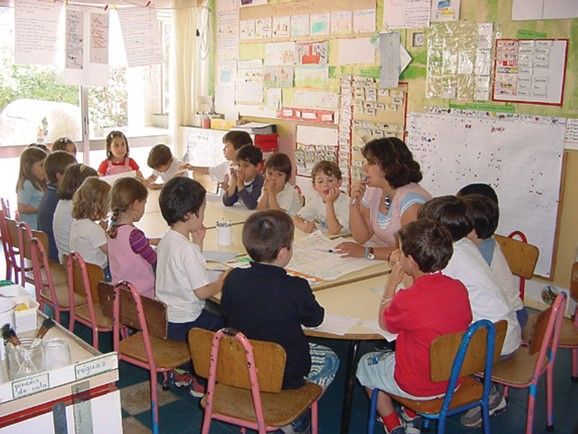Vision & Determination - Recorded Presentations
Online Conference set: narratives of the real and possible in shaping education
Three one hour + illustrated presentations
1: Loris Malaguzzi's pedagogical influence and contemporary importance
Professor Peter Moss, University College London
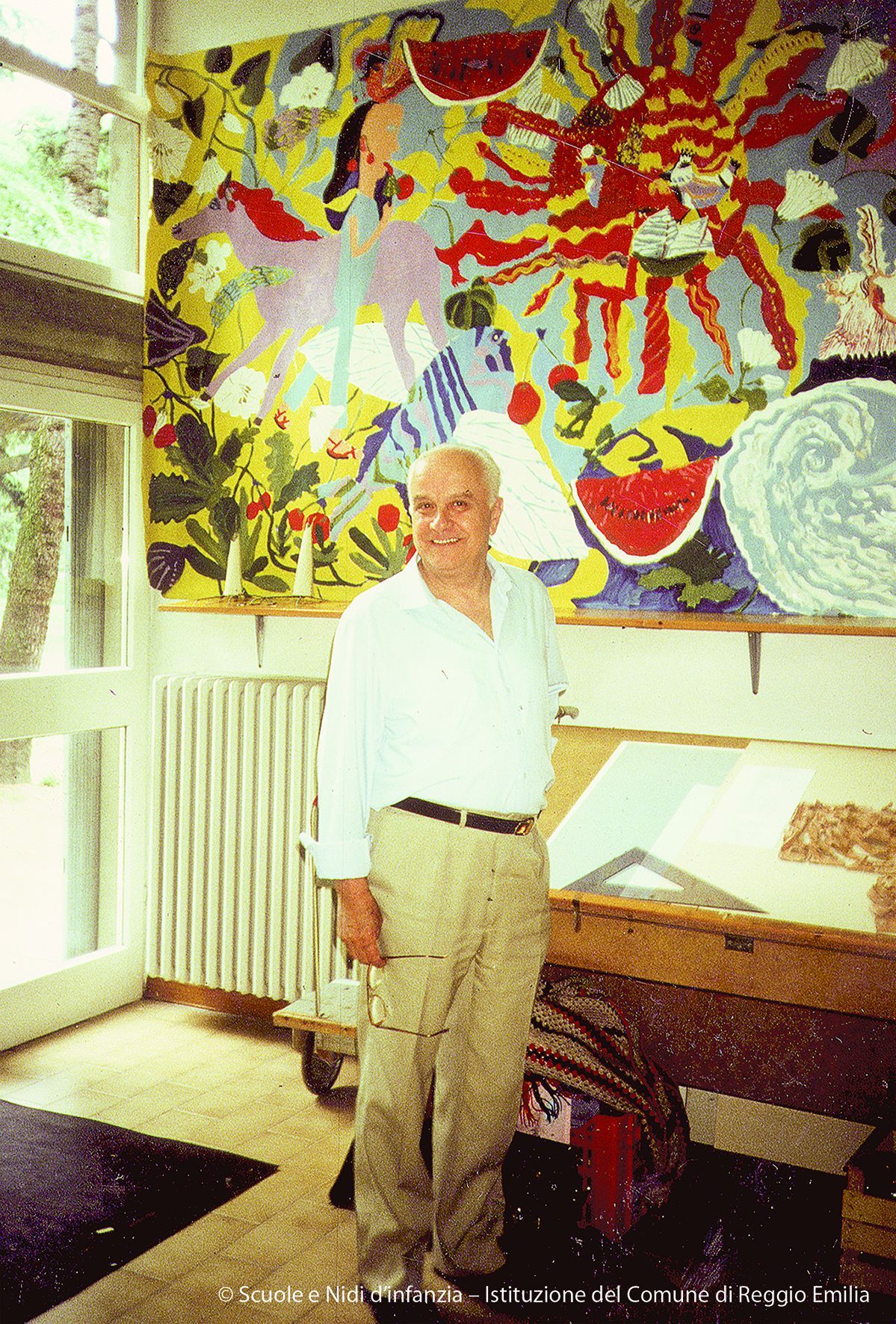
We celebrate this year the hundredth anniversary of the birth of a great educator, Loris Malaguzzi. Using Malaguzzi’s own words, I want to look at his contribution to early childhood education from three perspectives. I will talk about the historical, political and cultural context that shaped his life and work. I will discuss the multiple roles he played in the educational project of Reggio Emilia – which provoke us to think about the meaning of educational leadership and the type of management required for an innovative, democratic and dynamic public education system. And I will argue that he offers other important provocations to contemporary early childhood education, provocations that can enable us to envision a transformed early childhood education in England. At a time when hope is often in short supply, we can draw inspiration from his firm belief in the darkest of times for Italy that ‘everything seemed possible’.
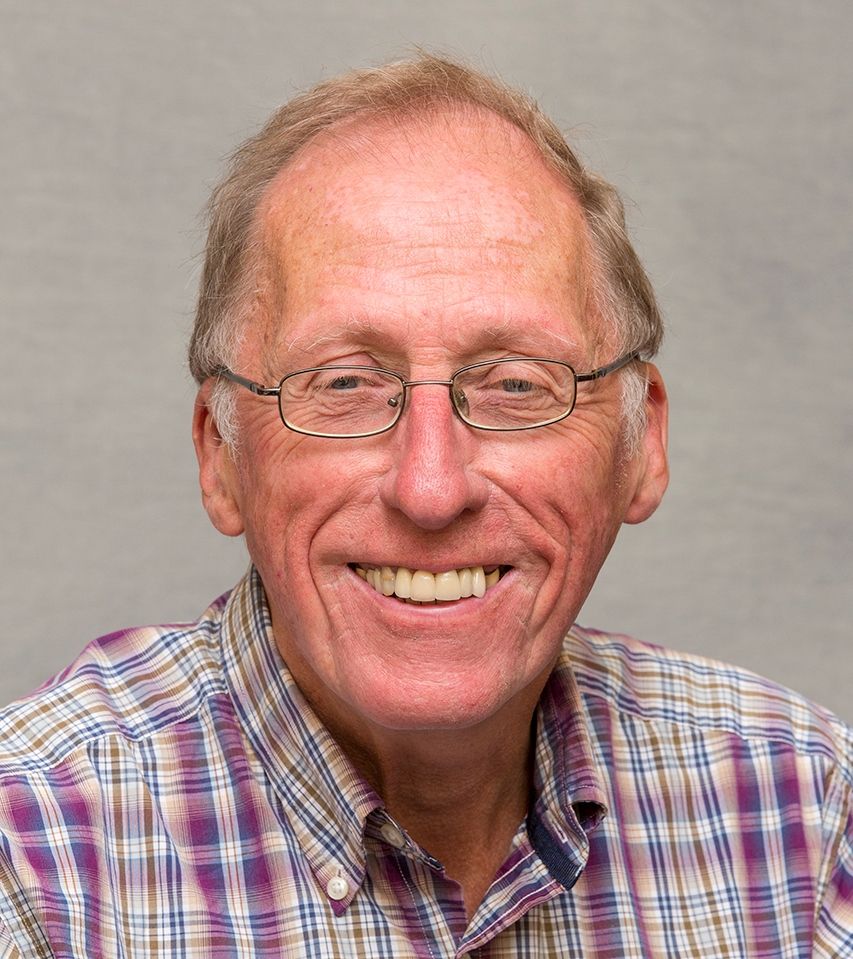 Peter Moss is an Emeritus Professor at UCL Institute of Education, University College London. With colleagues in Reggio Emilia, he has edited the book ‘Loris Malaguzzi and the Schools of Reggio Emilia’, a collection of over 100 speeches and writings by Loris Malaguzzi from 1945 to 1993. His latest book is ‘Transforming Early Childhood in England: Towards a democratic education’, edited with Claire Cameron. He believes that Loris Malaguzzi can help us with the urgent task of transformation.
Peter Moss is an Emeritus Professor at UCL Institute of Education, University College London. With colleagues in Reggio Emilia, he has edited the book ‘Loris Malaguzzi and the Schools of Reggio Emilia’, a collection of over 100 speeches and writings by Loris Malaguzzi from 1945 to 1993. His latest book is ‘Transforming Early Childhood in England: Towards a democratic education’, edited with Claire Cameron. He believes that Loris Malaguzzi can help us with the urgent task of transformation.
2: How Does Learning Happen? - Ontario's vision for education
Karyn Callaghan & Kelly Massaro-Joblin, Ontario Reggio Association, Canada
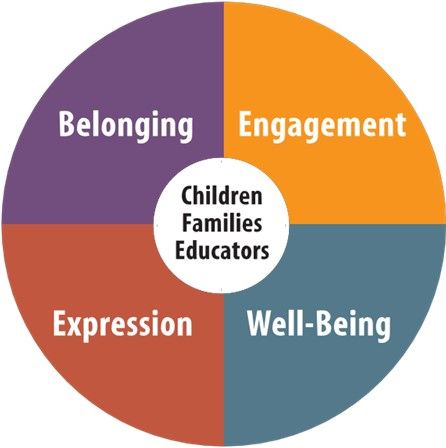
This early years education policy document and professional learning resource guide is founded on clearly articulated views of the child, educator and family, and encourages critical reflection, collaborative inquiry and pedagogical documentation. “Children are competent, capable of complex thinking, curious, and rich in potential. They grow up in families with diverse social, cultural, and linguistic perspectives.
Every child should feel that he or she belongs, is a valuable contributor to his or her surroundings, and deserves the opportunity to succeed. When we recognize children as capable and curious, we are more likely to deliver programs and services that value and build on their strengths and abilities.” The view of the educator and family are similar in spirit and content.
“As we question, research, reflect, respond, and co-construct our understanding of the world around us with children and families, we gain new perspectives and new and more complex questions arise. This document is not so much about providing all the answers, but rather is intended to provoke questions – for it is in exploring our questions that learning happens.”
In this session Karyn Callaghan and Kelly Massaro-Joblin will introduce the context and background to this visionary state document and the possibilities and challenges it offers for the large Canadian province of over 14 million people.
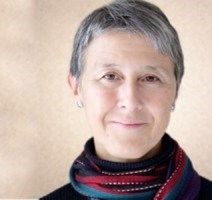 In addition to working as an early childhood educator with children and parents for several years, Karyn Callaghan was a faculty member in the ECE program at Mohawk College and in the Bachelor of Early Childhood Studies program at Charles Sturt University for a total of 30 years.
In addition to working as an early childhood educator with children and parents for several years, Karyn Callaghan was a faculty member in the ECE program at Mohawk College and in the Bachelor of Early Childhood Studies program at Charles Sturt University for a total of 30 years.
Since 1997, I have been exploring the philosophy that has guided the early education programs in Reggio Emilia, Italy. I co-founded and coordinated the Reggio-inspired Artists at the Centre – Making Thinking Visible project throughout its 15 year history. I am president
of the Ontario Reggio Association, a board member of the North American Reggio Emilia Alliance, and represent Canada on the Reggio Children International Network.
Kelly Massaro-Joblin is currently an Early Years Advisor for the Early Years & Child Care
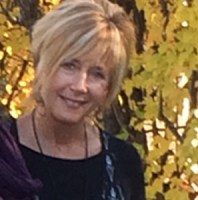
Division for the Ontario Ministry of Education. For the past ten years she has supported Child Care and Early Years Program Implementation and Children’s Services planning with First Nation Communities and District Social Services Administration Boards.
Alongside Karyn Callaghan and others, she
helped develop the document How Does Learning Happen?, Ontario’s Pedagogy for the Early
Years and now is seeing the influence of the foundations in day to day practice. She has been in the field of Early Childhood Education for over thirty-five years, started three Reggio-inspired childcare programmes in Thunder Bay and travelled to Reggio Emilia, Italy to participate in study tours.
3: Democracy in education: provocations from the Portuguese Modern School Movement
Dr. Diana Sousa, University College London
Democracy as a value, ethic, practice and purpose is largely absent from education in England. In this presentation, I will contrast the situation in England with the attention paid to democracy elsewhere, in particular focusing on The Portuguese Modern School Movement (Movimento da Escola Moderna Portuguesa), also known as MEM, in which democracy is a central component.
MEM is one of the most active and widespread democratic pedagogies to be found in any country today. Remarkably, it emerged out of repression and consequent struggles for freedom, in a Portugal marked by a dictatorial regime that lasted almost half a century (1926 -1974). This oppressive rule, which ended with a democratic revolution, was pivotal in establishing democracy as a national aspiration for both education and society and consequently, a political period, which inspired those who were looking for progressive alternatives. In MEM, learning and teaching focus on the socio-cultural development of sciences, techniques, arts and everyday life, within the spirit of communication and cooperation between all stakeholders in education. The organisation of work and learning is based on a dialogic and cooperated system in which structures of educational cooperation, communication, and democratic participation inform each other in a reciprocal relationship, and education is defined as a shared journey towards active and democratic citizenship where everyone teaches and everyone learns.
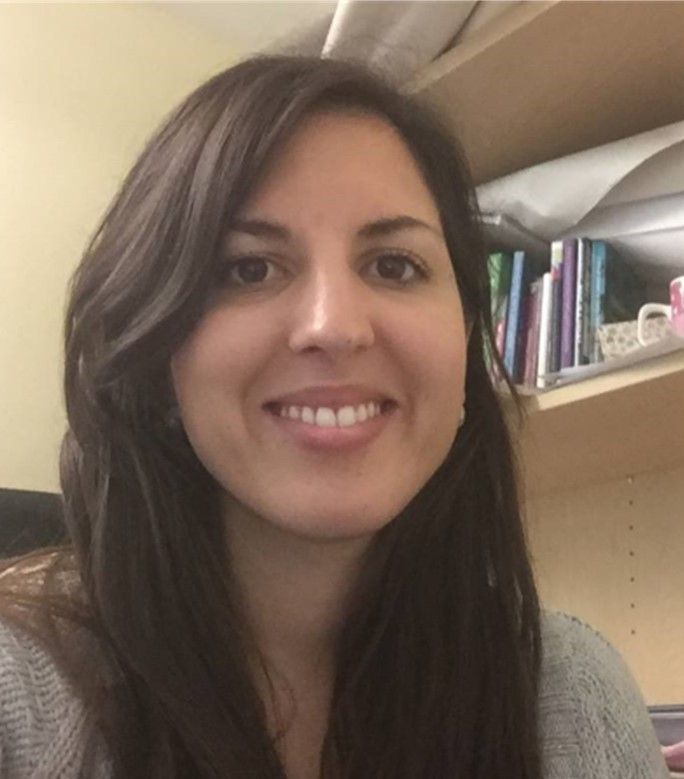 Dr. Diana Sousa is Senior Teaching Fellow at UCL Institute of Education, University College London. She previously worked as an educator in a variety of early childhood settings and, her particular research interest is the place of democracy in early childhood education.
Dr. Diana Sousa is Senior Teaching Fellow at UCL Institute of Education, University College London. She previously worked as an educator in a variety of early childhood settings and, her particular research interest is the place of democracy in early childhood education.
| Price: | £60 |


